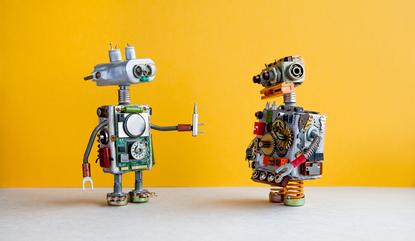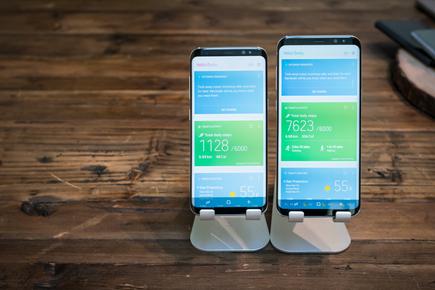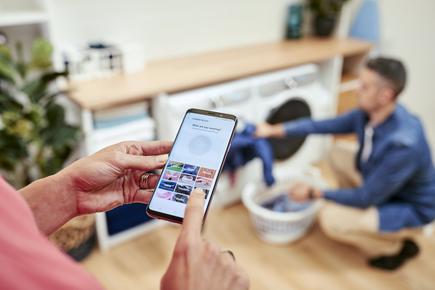AI welcome in NZ homes, but privacy remains prime concern: survey
- 09 July, 2018 11:50

Two out of three respondents are worried about having their voice stolen or hacked
New Zealanders are optimistic about the growing connected home trend.
They cite cost savings, energy efficiency and convenience as the top benefits from smart home technology and artificial intelligence (AI), according to research commissioned by Samsung.
The research reveals that one in three people (36 per cent) are open to using an AI personal assistant to take advantage of a connected home while three in 10 people (30 per cent) felt using AI could help them keep on top of personal affairs.
More than half of Kiwis believed they could save more than an hour per week using smart technologies and one in four (23 per cent) said they could have the equivalent of an additional 100 hours of free time per year (or two and a half 40-hour working weeks) because of connected technology.
Despite most Kiwis (90 per cent) being aware of smart technology and the benefits of AI, there is still some nervousness about hacking, privacy and the misuse of personal data, according to the survey.
Samsung says the survey covered 1095 New Zealand consumers who were interviewed in June.
Two out of three respondents (66 per cent) are worried about having their voice stolen or hacked and 62 per cent of Kiwis were scared their devices could be used without their knowledge.
“By design, the home is a very private place to recharge and find comfort,” says Rachel Kelly, director of Ethical AI and deputy chair of NZTech.
“For AI and automation to succeed in the home, people need to know their privacy is respected and maintained. Until there’s more certainty and transparency around data, privacy, and security, technology adoption in the home will be challenged. Technology companies and suppliers need to be more transparent with the data being collected as well as invest heavily in AI ethics frameworks,” says Kelly.
“The very point of technology is to help us do more of the things we love, and less of the things we don’t. We have an opportunity to build a home environment that is inviting, efficient, helpful, and safe. That will happen with an AI that is kind, thoughtful, self-regulating, and trustworthy – with a purpose to delight,” adds Kelly.

Smart monitors
In spite of concerns over data security, the survey finds 38 per cent of the respondents agreed that they would feel more secure if they used smart technology to monitor their home and three in five people (61 per cent) said a security system that detects when they have left the house and sets alarms and locks as the most appealing task to be automated.
62 per cent of Kiwis were scared their devices could be used without their knowledge
“While the smart home and Internet of Things have been on the radar for early adopters in New Zealand, smart technology is only going to be more accessible in years to come,” notes Todd Selwyn, head of mobile product for Samsung Electronics.
“Integrating our intelligent assistant Bixby into the hardware of a wide range of smartphone and consumer electronic devices in the home is part of Samsung’s commitment to ensuring all devices are intelligent and connected by 2020, simplifying and enhancing the lives of many New Zealanders,” says Selwyn.

Selwyn says just as the smartphone has enabled people to share, connect and work more effectively, other smart devices have the potential to add efficiencies in the home.
“Applying the intelligence first seen in our smartphones to our other categories of smart technology is one way Samsung is helping make time and cost savings, freeing up people to do what they want.”
While smartphones, smartwatches and smart TVs may be products people already own or have their eye on, the survey finds other items piquing Kiwis’ interest are smart light bulbs (52 per cent), an automated alarm system (47 per cent) and wi-fi-enabled heat pumps (46 per cent).
“Samsung’s Knox platform is a premium security solution and its overlapping defence and security mechanisms protect against intrusion, malware and more malicious threats, giving people the freedom to work and play how, where and when they want,” says Selwyn.
“Biometric authentication, such as iris scanning and fingerprints are already being used to secure smart devices and sensitive information and offer the highest level of security.”

Send news tips and comments to divina_paredes@idg.co.nz
Sign up for CIO newsletters for regular updates on CIO news, views and events.
Follow CIO New Zealand on Twitter:@cio_nz
